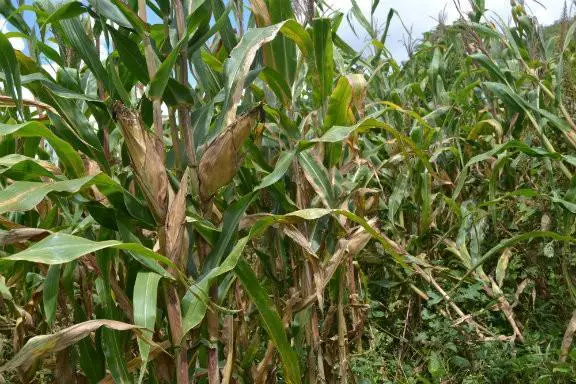African Green Resources (AGR) in Zambia launched an $81 million financing programme on Sunday, whereby the company and its partner are slated to provide farm supplies and technology to farmers in exchange for grain
According to information from Reuters, the company chairperson Zuneid Yousuf said in a statement that, AGR plans to invest $150 million in the country, for projects including a 50-megawatt solar farm and irrigation dam, AGR will target 120 commercial farmers and 250,000 small and middle farmers with the new programme to boost food security in Zambia and the surrounding region.
However, the scheme—will cover 60,000 tonnes of fertiliser for wheat and soya farming worth $55 million and $26 million for projects such as the expansion of grain storage silos.
Hence, the scheme will be financed through regional and global banks, with the money repaid from the produce the programme yields
This scheme could be one of the groundbreaking attempts to stimulate Zambia’s agriculture sector. Despite 40 million hectares of arable land, an abundance of groundwater resources, nutrient-rich soil, and low population density, Zambia’s agriculture sector has not yet reached its full potential.
“We expect to receive 44,000 tonnes of wheat per season. We will repay the loan from sales of wheat flour, soya processing plant products and silo revenue,” Yousuf said, some of which will be processed before being sold on local and international markets.
Further, some of the money is also guaranteed by the African Development Bank, the African Union, Sace Italy and Agriculture Grain International.
In addition, the scheme stands to benefit farmers who would benefit from the ability to grow their businesses with the help of access to markets and credit finance, Yousuf added.
World Food Programme (WFP) estimates indicate that a record 45 million people in 16 nations in southern Africa face growing hunger after repeated drought, low yields, widespread flooding and sluggish economic growth.
Given the unprecedented threats from climate change, to Zambia’s agricultural productivity, it is crucial for such initiatives to eliminate farming risks, and build farming capacity to locals over time and space.
READ: Zambia’s economy to grow by 3 per cent says President Lungu
